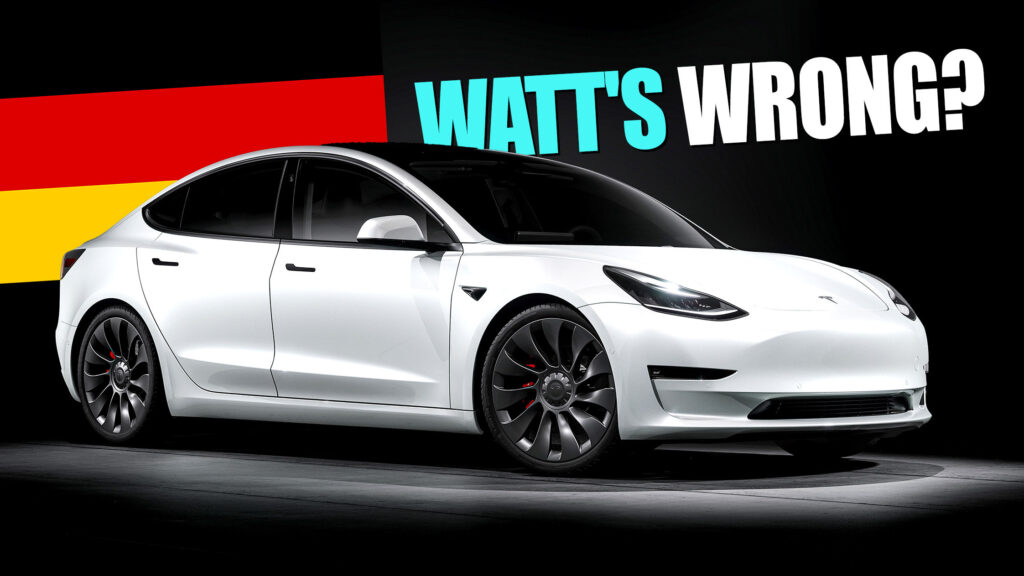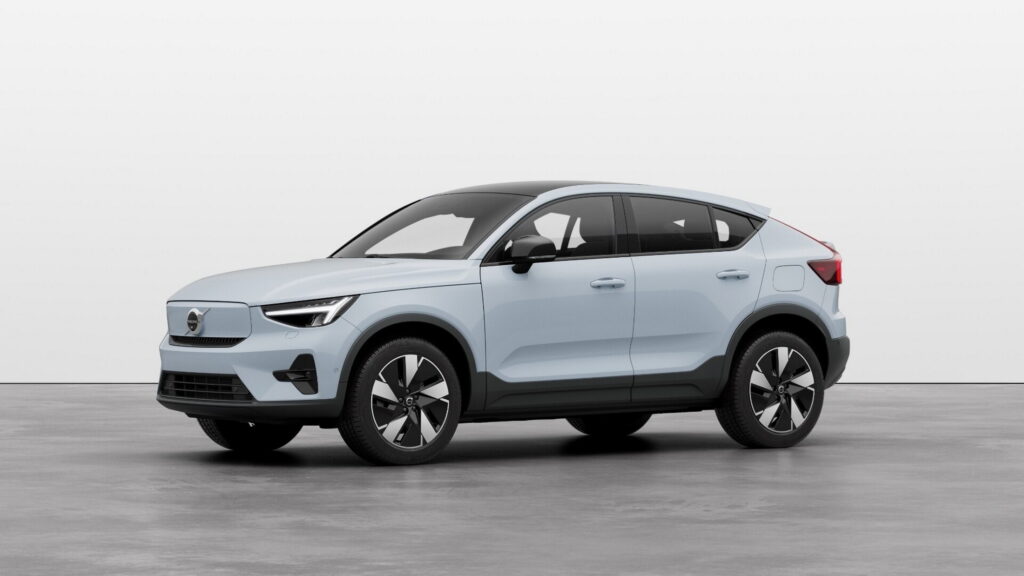In the wake of disappearing incentives, German EV sales have fallen 14.1 percent in Q1 2024
April 16, 2024 at 15:05
 –>
–> 
–>
- Following the sudden end to German EV incentives in December 2023, sales of all-electric vehicles have dropped 14 percent.
- Deliveries of plug-in hybrids and other vehicles with alternative powertrains are rising.
- Germany’s transport sector has missed its climate targets, and slow EV sales won’t help.
Germans purchased a total of 694,785 new vehicles in the first quarter of 2024, marking a 4.2 percent increase compared to the same period the previous year. However, sales of electric vehicles experienced a significant decline of 14.1 percent in Q1 2024 over last year, dropping from 94,736 to 81,337 units.
The industry has been grappling with challenges since the German government abruptly discontinued tax incentives for electric vehicles in December, which undoubtedly contributed to the decline in sales.
Read: EV Sales Plunge 55% In Germany As Incentives Dry Up
The decline in EV sales in the market was particularly pronounced among European automakers, as reported by data from the KBA, Germany’s federal motor transport authority. Citroen, Jaguar, Polestar, and Volkswagen all saw a 30 percent reduction in EV sales in Q1 2024 compared to the previous year. Meanwhile, Porsche, Peugeot, Mini, Fiat, and DS experienced even larger contractions, with reductions exceeding 40 percent.
Europeans weren’t the only ones to feel the market pinch, though. Tesla sold the most EVs in Germany in Q1, with 13,068. However, this represented a significant decline of 36.7 percent from the 20,655 units sold in the first quarter of 2023.
Nonetheless, the first three months of 2024 didn’t spell disaster for all major EV manufacturers. BMW’s EV sales surged by 83.6 percent, reaching 7,959 units compared to the previous year. Kia experienced a remarkable increase of 106.1 percent, selling 2,825 EVs. Mercedes witnessed a modest uptick of 5.8 percent, with 7,720 vehicles delivered. Skoda saw a notable increase of 15.7 percent in EV sales, while Smart and Volvo each delivered over 3,000 EVs, marking increases of 14.9 percent and 47.5 percent, respectively.

Although the KBA does not provide separate sales data for plug-in hybrids, we can surmise that they performed well. While deliveries of pure electric vehicles declined by 13,399 units, deliveries of cars with electric propulsion systems (which include EVs, plug-in hybrids, and hydrogen fuel cell vehicles) decreased by a smaller margin, just 5,989 units. This indicates that sales in one or both of the other categories likely improved to offset the losses in the EV segment.
When looking at all vehicles with alternative powertrains — EVs, plug-in hybrids, hybrids, hydrogen vehicles, and those powered by natural gas — sales were actually up. In the first quarter of 2024, Germans bought 304,725 of these vehicles, up 4.4 percent from a year ago, when they purchased 291,999.
While the growth in sales of vehicles with alternative powertrains may be welcome news for environmentalists, it isn’t enough. Germany’s transport sector is on track to over pollute, which will require the ministry in charge of it to introduce new measures to get the country back on track.
However, Transport Minister Volker Wissing, who has objected to environmental measures in the past and is accused by his opponents of being responsible for this situation, has threatened to introduce weekend driving bans unless the environmental regulations can be eased.


